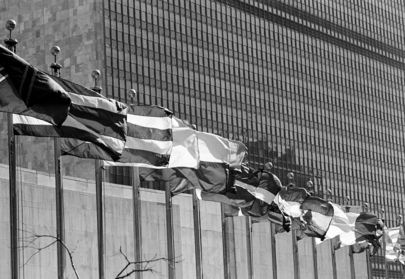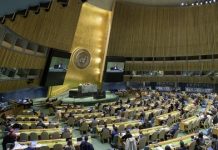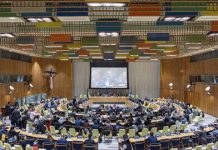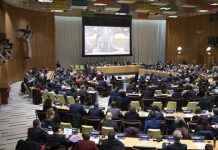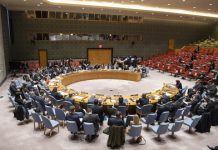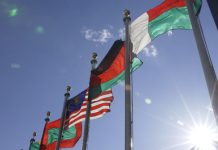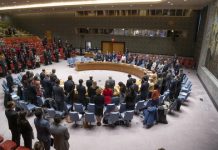The landmark judgment, delivered on Monday in The Hague after a lengthy trial, found him guilty on 27 counts for his role in attacks against the Fur, Masalit and other non-Arab communities between August 2003 and March 2004 in West Darfur.
The crimes included murder, rape, persecution, torture and attacks on civilians in the towns of Kodoom, Bindisi, Mukjar and Deleig.
In a 355-page ruling, Presiding Judge Joanna Korner and Judges Reine Alapini-Gansou and Althea Violet Alexis-Windsor concluded beyond reasonable doubt that Ali Kushayb ordered, supported and participated in widespread and systematic terror attacks that led to mass killings and forced displacement.
Indiscriminate killings
The Janjaweed – Arab militias armed and supported by Sudan’s security forces – were part of Khartoum’s campaign to crush a rebellion by non-Arab groups in 2003. Villages were razed, men summarily executed, and women raped in what the UN later described as one of the gravest humanitarian crises of the early 21st century.
Among the evidence presented was testimony describing how Janjaweed fighters “killed the inhabitants of the town indiscriminately,” firing on people fleeing for their lives.
Another account recalled a wounded father who urged his children to “leave him behind and save themselves” as the militia advanced.
A case of many firsts
Ali Kushayb surrendered to the ICC in 2020 shortly after the fall of Sudan’s long-time leader Omar al-Bashir, after evading authorities for over 12 years.
His sentencing will follow, and the judgment can be appealed. A reparations phase for victims will also be opened.
The conviction marks several milestones for international justice: it is the first ICC verdict in the Darfur situation, the first case referred by the UN Security Council in resolution 1593 (2005) to result in conviction, and the first ever ICC conviction for gender-based persecution.
The ICC Prosecutor’s Office said it continues to pursue other outstanding warrants for Bashir, former Interior Minister Ahmad Harun, and ex-Defence Minister Abdel Raheem Hussein – all accused of similar crimes.
Echoes of the past
The conviction comes as Darfur once again descends into violence amid the ongoing war between Sudan’s army and the paramilitary Rapid Support Forces (RSF), which reportedly grew out of the Janjaweed militias and former leadership in 2013.
Reports of mass killings and ethnically targeted attacks have resurfaced in Darfur, drawing comparisons to the horrors of two decades ago.
In September alone, at least 91 civilians were killed in the besieged capital city of El Fasher during a series of strikes by the RSF, involving shelling drones and ground incursions.
‘Justice will prevail’
Deputy Prosecutor Nazhat Shameem Khan hailed the verdict as “a crucial step toward closing the impunity gap in Darfur,” adding that it “sends a resounding message to perpetrators of atrocities in Sudan, both past and present, that justice will prevail.”
She said the judgment “is a tribute to the bravery of thousands of Darfuri victims who hoped and fought for justice through the years.”
‘A long-overdue redress’
UN High Commissioner for Human Rights Volker Türk also welcomed the decision, calling it “an important acknowledgment of the enormous suffering endured by the victims of his heinous crimes” and a “first measure of long-overdue redress.”
Source of original article: United Nations (news.un.org). Photo credit: UN. The content of this article does not necessarily reflect the views or opinion of Global Diaspora News (www.globaldiasporanews.net).
To submit your press release: (https://www.globaldiasporanews.com/pr).
To advertise on Global Diaspora News: (www.globaldiasporanews.com/ads).
Sign up to Global Diaspora News newsletter (https://www.globaldiasporanews.com/newsletter/) to start receiving updates and opportunities directly in your email inbox for free.


